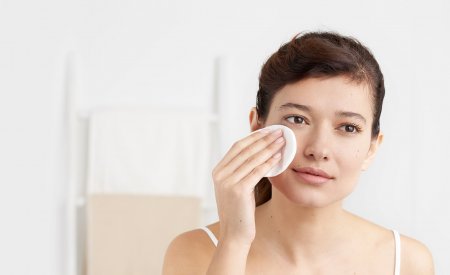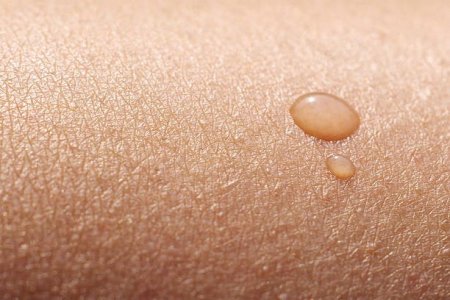THE RISKS OF POOR HYGIENE FOR SENSITIVE SKIN
Water alone cannot eliminate all dirt that accumulates on skin, especially any that is oily or greasy in origin. This is why facial cleansers contain surfactants, which are cleansing agents that are able to remove dirt and residue that are present on skin.
The type of cleanser is extremely important for all skin types – even more so for sensitive skin. There are many kinds of hygiene products such as soap, foaming gel, cleansing oil, micellar water .
Surfactants tend to be classed based on their ‘detergence’, meaning their ability to remove dirt stuck on skin. Harsh surfactants damage the skin's barrier, since they destroy the skin’s lipids, essential to maintaining the barrier role.
If you have sensitive skin and don’t use a gentle cleanser, your skin will react immediately. You have probably already experienced tingling, stinging, redness and feelings of tightness or burning sensations, all the main symptoms. A poorly chosen cleanser can aggravate your skin’s sensitivity and perpetuate the vicious cycle of inflammation.





